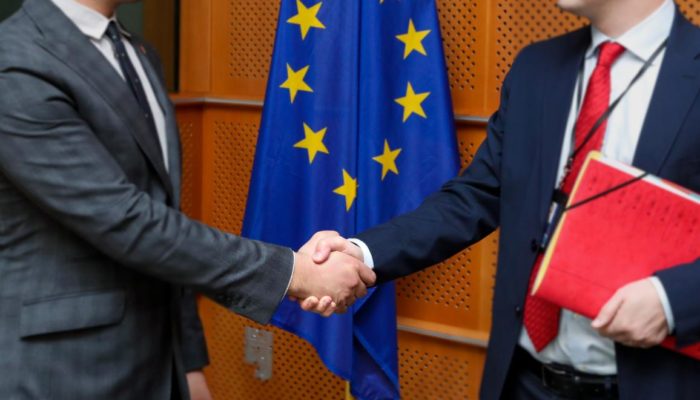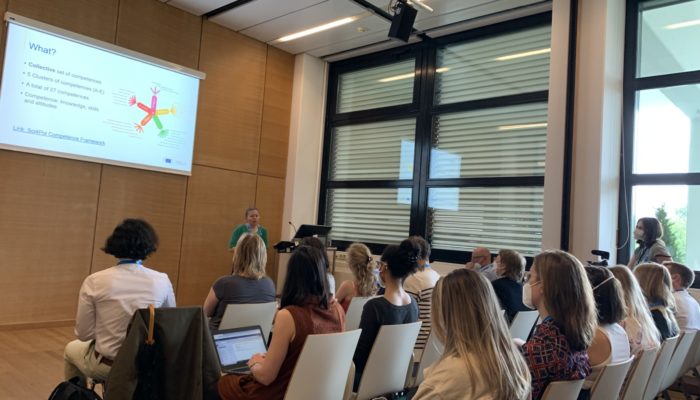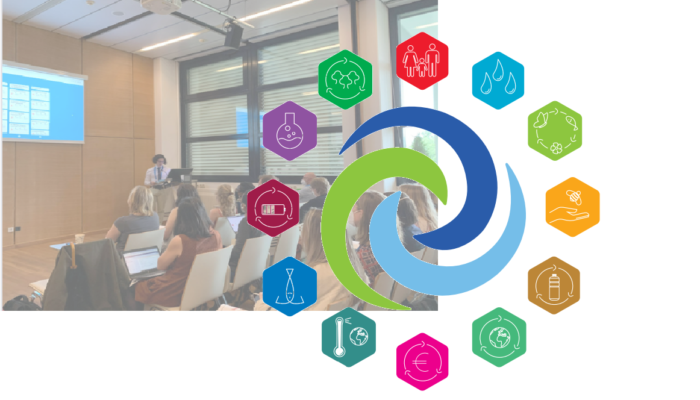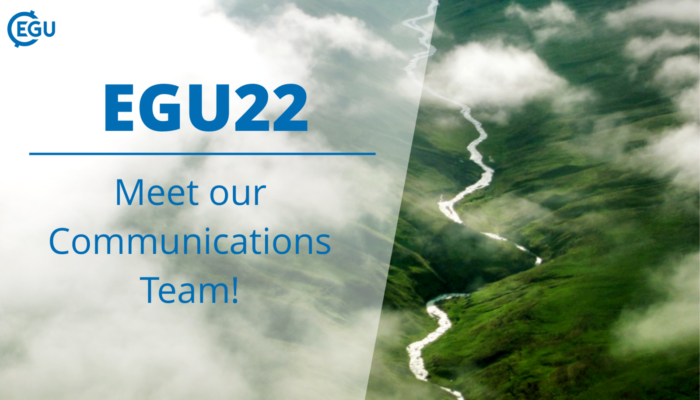For the most part, EGU’s policy activities focus on science advice, science for policy, and occasionally a policy for science initiative! But Science Diplomacy is another adjacent area that is often asked about. This month’s GeoPolicy Blog post will give an overview of Science Diplomacy, its different strands, and how scientists can engage with it! What do we mean by science diplomacy? Scie ...[Read More]
GeoPolicy: What is science diplomacy?




